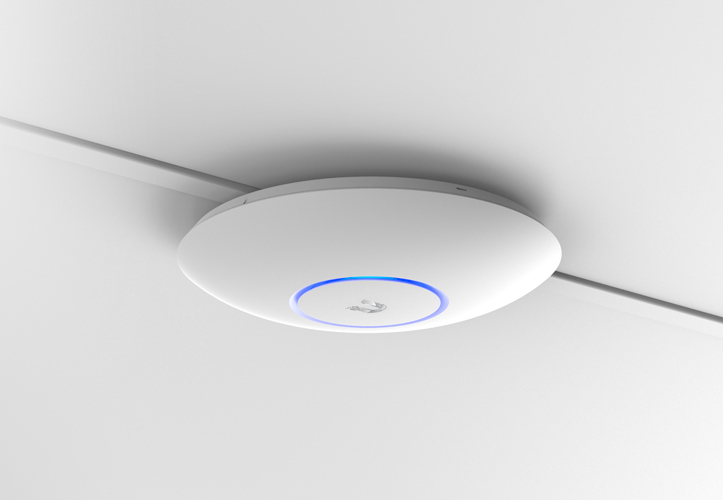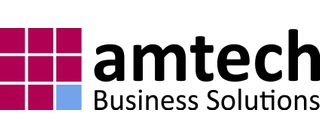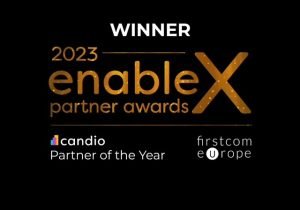Business Connectivity
Fast internet solutions to enable cloud services
An increasing number of business broadband customers rely on cloud-based services like Office 365, Voice over IP phone systems and offsite data centres, all of which makes the need for a fast and reliable business broadband connection essential.
It’s easy to begin to feel overwhelmed when thinking about the different types of broadband that are available to purchase.
Allow us to explain the differences, and you can determine which is more beneficial for you.
Important factors to consider
When looking for business broadband deals, you should consider more than the price. Speed is critical when you’re deciding which business broadband package is right for your business needs; too fast, and you’ll be paying too much for what you need, too slow and your team will find it hard to get their jobs done.
One important feature of broadband packages is a static IP address. What is a static IP? Simply put, it is a fixed number that gives your computer the same unique identity when it goes online.
Static IPs give your business some serious advantages:
- Access your network from anywhere, perfect for home working
- Make better VoIP calls: having a static IP keeps your connection in one place with greater stability
With a reliable connection and a structurally strong static IP address you will have a superior service.
Sufficient broadband speed (bandwidth) is needed to ensure your company meets its business needs and that your teams use their online time efficiently.
The chart below gives an indication of the sorts of speeds that you should purchase in order to make the most efficient use of your internet products. As you will notice, the speed you choose depends on the number of users and the types of activities that they perform online.
| Internet speed (download) | Connected devices | What you can do |
| 5 Mbps | 1 or 2 | Online browsing, research, email |
| 25 Mbps | 3 to 5 | Large file downloading, basic WiFi, business communication |
| 75 Mbps | 5 to 10 | Video streaming, frequent file sharing, numerous POS transactions |
| 150 Mbps | 10 to 15 | Frequent cloud computing, video conferencing, data backups |
| 250 Mbps | 15 to 20 | Server hosting, seamless streaming and conferencing |
| 500 Mbps | 20 to 30 | Multiple-server hosting, constant cloud-based computing, heavy online backups |
| 1 Gbps | 30+ | Extreme-speed operating for enterprise-ready offices with near-zero interruptions |
Source: Business.org
Upload speeds are important for sending emails, sending files to other people, live video chats and gaming. The closer the upload speeds are to download speeds, the better. However, as a rule of thumb, a good upload speed would be at least 30% of the download speed. For leased lines they are symmetrical.
Having sufficient internet speed is good, but if it isn’t just as reliable, then you won’t have a stable connection, impacting your work and ultimately your business. With Firstcom, we guarantee stability and reliability within our broadband services.
Whilst we can’t guarantee 100% no-fault rates, we can guarantee 100% effective and timely support. Having pro-active support for your broadband service is key, as modern businesses require a stable, fast broadband connection.

ADSL
Standard broadband (ADSL – Asymmetric Digital Subscriber Line) is an internet connection that is always on. This service uses a microfilter to split the frequencies for voice and internet on a single copper wire, so your phone line is never tied up when your internet is connected. This is a basic home broadband service that is sufficient for most home workers and entrepreneurs.
FTTC
Fibre broadband (FTTC – Fibre To The Cabinet) is a fibre optic cable delivering a business broadband connection to your local cabinet at the speed of light. The remaining connection is delivered via copper wire, therefore the actual speed to receive is affected by how far away you are from your street cabinet. For broadband and phone (SIP trunking), fibre broadband delivers enough bandwidth for most small businesses.
FTTP
Full fibre broadband (FTTP – Fibre To The Premises) is a pure fibre-optic broadband connection running from an Internet Service Provider (ISP) all the way to your business. Full fibre supports symmetrical connections, meaning your upload and download speeds can be the same. Business phone systems, cloud software services, even video conferencing, all running at the same time will run smoothly even at peak times.
FTTP is subject to a one-off connection fee
Leased Line
All services, ADSL, FTTC and even FTTP are ‘contended’ at the local exchange. This means that the central connection within your local exchange is shared between other businesses. Therefore the speed that you receive can vary due to other users on the exchange.
A leased line is different because it is a dedicated full fibre connection from the ISP direct to your business. This means you get the full bandwidth you choose both as a download and an upload speed. For example, you could choose a 100/100MB DIA circuit and you would get 100MB download and 100MB upload.
This is the ultimate business broadband service available where internet connectivity is critical.
Access Points
Sufficient internet speed is essential for modern businesses. Sometimes one part of a building will have a good WiFi connection, others will not. If you require your internet speeds boosted in some locations, an access point could be your answer.
WIFI Access Points can be set up to allow you to extend your connection, reliably, through your business space without strain. It is becoming more and more common to install multiple of these in buildings where a single WiFi connection wouldn’t be able to serve an entire property. This is usually large buildings or buildings with large solid walls or where the wireless connection needs to pass through many objects to reach where it needs to get to.
How many Access Points can you install? Well, as many as you want or need! But be careful, the more you install, the weaker the signal may become as it is being shared.

What our customers have to say

Tony Robinson – Via Clinic

Dave Melin, Managing Director and Founder of Amtech Business Solutions

James Partner, Managing Director of Oasis Technology.
Speak with our technical experts


customised for your business









